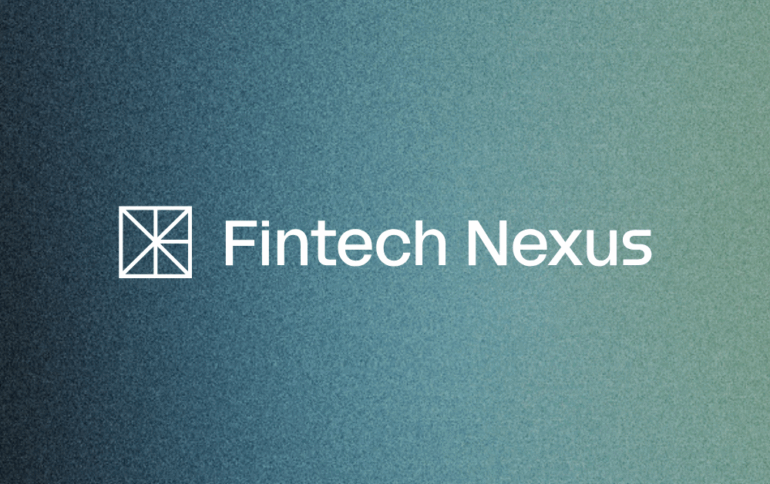To many — if not most — fintechs, data is a lifeblood that powers innovative underwriting, analytics, product development, and other progressive processes that help a burgeoning subsector viably square off against large incumbents. But many consumers have traditionally banked with these large incumbents, who hold much of this needed data. Open banking, which grants consumers the right to control and share their data, enables the development of a more comprehensive (and, for consumers, opt-in) ecosystem. To that end, the Dodd-Frank Act (2010) statutorily authorized the newly established Consumer Financial Protection Bureau (CFPB) to draft rules around open banking: who counts as a “consumer,” how data can be shared and stored, whether data-sharing processes should be free or priced, and other key concerns.
In October 2024, immediately after the CFPB finalized its Open Banking rule — a long, languishing deliberative process — the incumbent-backed Bank Policy Institute (BPI) filed a lawsuit against the CFPB. In May, the Trump administration’s CFPB, which inherited the case from its (more fully staffed) predecessor, filed a motion for summary judgment; this effectively asked Kentucky Eastern District Court Judge Danny C. Reeves to vacate the CFPB’s Open Banking rule. The current Ross Vought-led CFPB claims the rule finalized under the prior administration “unlawfully seeks to regulate open banking by mandating the sharing of data with ‘authorized third parties.’”
The Financial Technology Association (FTA), which includes PayPal, Chime, Block, Stripe, and others as members, filed a motion to intervene in the case in February; the judge granted the FTA status as an intervening defendant in May. The Association submitted its request for summary judgment on June 29th, claiming the CFPB’s “about-face” is “meritless and entitled to no deference,” and asking the judge to “reject the CFPB’s request to adopt artificial and atextual constraints on its own statutory authority, and instead allow the ordinary administrative process to run its course.”
To understand the FTA’s interpretation of open banking statutes and gauge open banking’s regulatory future as this proxy battle between fintechs and banking giants unfolds, Fintech Nexus spoke with Penny Lee, President and CEO of the Financial Technology Association.
–The Editors


